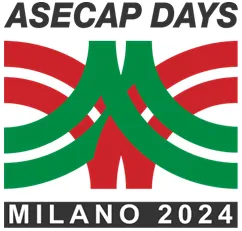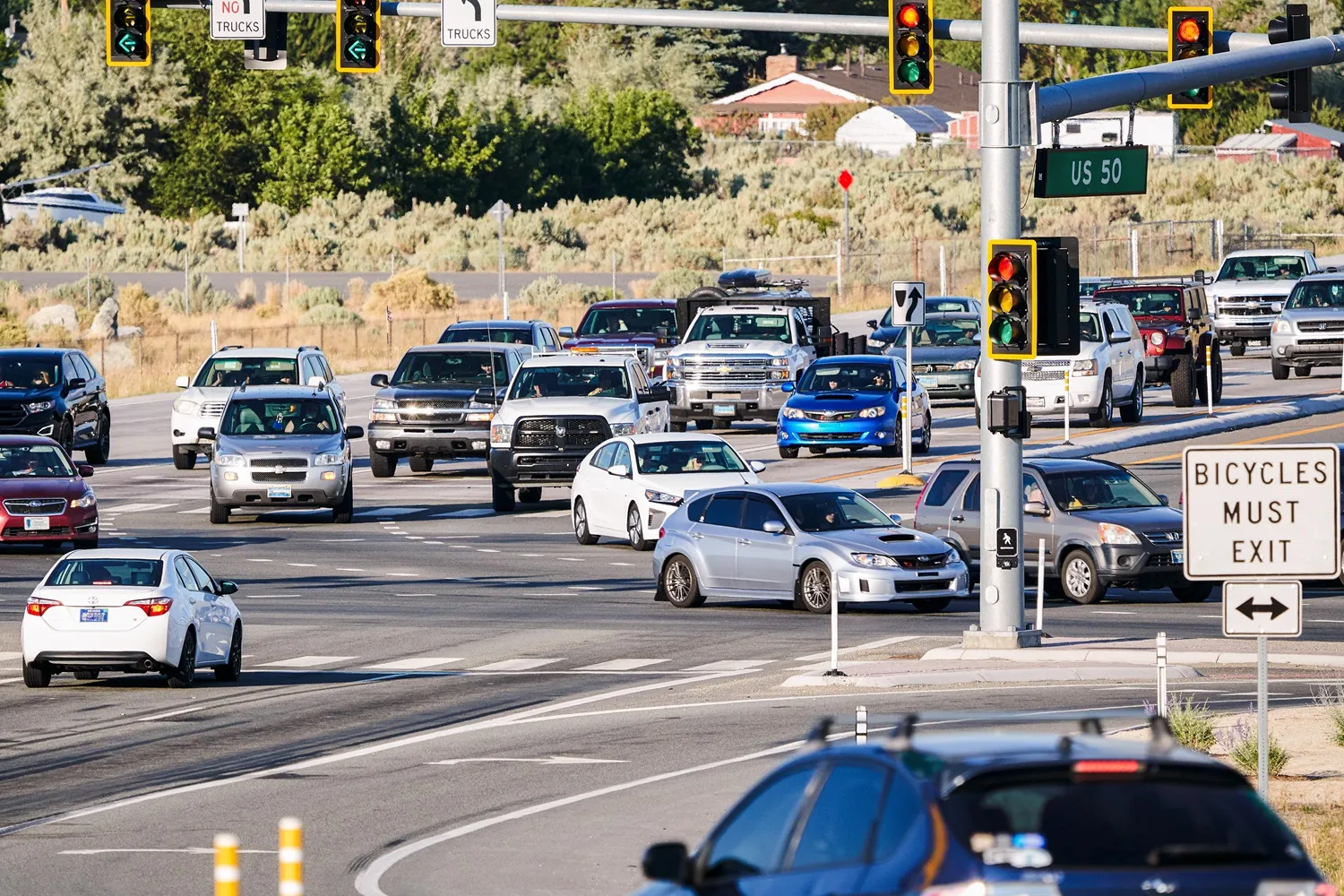Carole Défossé, communication & information manager at Asecap, previews the association’s forthcoming annual meeting.
With 72% of Europeans moving by car and 60% of freight being transported by trucks, road infrastructures are central to Europe’s mobility and toll roads form a key part of those networks.
March 3, 2017
Read time: 3 mins

Carole Défossé, communication & information manager at Asecap, previews the association’s forthcoming annual meeting.
With 72% of Europeans moving by car and 60% of freight being transported by trucks, road infrastructures are central to Europe’s mobility and toll roads form a key part of those networks.
It is against that background that486 Asecap’s (the European Association of Operators of Toll Road Infrastructures) 45th annual meeting will be held in Paris, France, from 29 to 31 May. Known as its Study & Information Days, the meeting will look at how toll motorway operators prepare their road infrastructures for transport decarbonisation and respond to the new mobility challenges.
The meeting will provide an occasion for toll road operators, policy makers and public and private stakeholders to discuss a broad range of issues. Topics will include financing of new mobility needs and trends, the European Electronic Tolling System (EETS), cooperative intelligent transport systems, sustainable mobility, road maintenance, automated and connected driving technologies, security and data protection issues and protecting and preserving the environment.
The first day (30 May) is devoted to a major political session focusing on new finance procedures for innovative developments. With public budgets under pressure, the concession model remains a powerful method of providing high-quality and well-maintained road infrastructures.
This model employs modern technology to accommodate connected (and possibly automated) driving, car sharing and the use of mobile technologies (apps). Collectively, these will help the decarbonisation of transportation, promote multimodal transport and support new mobility trends.
In addition there will be three policy sessions, the first of which will focus on latest developments the future of EETS. The second will explore actions by toll road operators to ensure a smooth transition to more innovative and advanced ITS solutions including the role of the road infrastructure in accommodating automated and connected driving.
With the potential for traditional and automated vehicles to be sharing the same motorway network, there is an urgent need to create a framework that can safely cope with both. The ambition of the European Commission’s recently launched European Strategy on Cooperative Intelligent Transport Systems (C-ITS) is to see connected vehicles on European roads by 2019, so toll road operators need to prepare their infrastructures.
The third session of the day will look at cutting-edge projects undertaken by Asecap members to provide road infrastructures offering the highest standards of safety.
Perhaps the highlight of the second day is a keynote address by an FBI Special Agent working in the Cyber Branch who will look at how toll road infrastructure operators can and should protect their data communication systems in the context of an increasingly digitalised motorway sector. Vehicle-to-vehicle and vehicle-to-infrastructure data communication urgently needs to be secure because they could be hacked and – deliberately or not - cause serious or fatal incidents.
However, before that, delegates will hear about the more mundane, but none the less important, projects by toll motorway operators to reduce CO2 emissions and preserve the fauna and flora alongside their network.
3804 International Bridge, Tunnel and Turnpike Association (IBTTA) - exchange viewpoints in light of the current and future challenges for the toll industry on both sides of the Atlantic.
With 72% of Europeans moving by car and 60% of freight being transported by trucks, road infrastructures are central to Europe’s mobility and toll roads form a key part of those networks.
It is against that background that
The meeting will provide an occasion for toll road operators, policy makers and public and private stakeholders to discuss a broad range of issues. Topics will include financing of new mobility needs and trends, the European Electronic Tolling System (EETS), cooperative intelligent transport systems, sustainable mobility, road maintenance, automated and connected driving technologies, security and data protection issues and protecting and preserving the environment.
The first day (30 May) is devoted to a major political session focusing on new finance procedures for innovative developments. With public budgets under pressure, the concession model remains a powerful method of providing high-quality and well-maintained road infrastructures.
This model employs modern technology to accommodate connected (and possibly automated) driving, car sharing and the use of mobile technologies (apps). Collectively, these will help the decarbonisation of transportation, promote multimodal transport and support new mobility trends.
Experts present
Throughout the day, financial experts, policy makers and managers from toll motorway operators will share their ideas and experiences on the topic and provide solutions that can be applied.In addition there will be three policy sessions, the first of which will focus on latest developments the future of EETS. The second will explore actions by toll road operators to ensure a smooth transition to more innovative and advanced ITS solutions including the role of the road infrastructure in accommodating automated and connected driving.
With the potential for traditional and automated vehicles to be sharing the same motorway network, there is an urgent need to create a framework that can safely cope with both. The ambition of the European Commission’s recently launched European Strategy on Cooperative Intelligent Transport Systems (C-ITS) is to see connected vehicles on European roads by 2019, so toll road operators need to prepare their infrastructures.
The third session of the day will look at cutting-edge projects undertaken by Asecap members to provide road infrastructures offering the highest standards of safety.
Perhaps the highlight of the second day is a keynote address by an FBI Special Agent working in the Cyber Branch who will look at how toll road infrastructure operators can and should protect their data communication systems in the context of an increasingly digitalised motorway sector. Vehicle-to-vehicle and vehicle-to-infrastructure data communication urgently needs to be secure because they could be hacked and – deliberately or not - cause serious or fatal incidents.
However, before that, delegates will hear about the more mundane, but none the less important, projects by toll motorway operators to reduce CO2 emissions and preserve the fauna and flora alongside their network.










